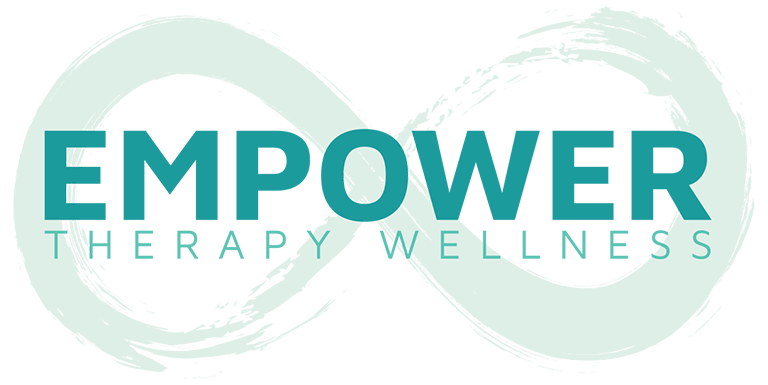Frequently asked questions
ADHD Counseling FAQ's
ADHD Counseling is a specialized form of therapy designed to support individuals, both children and adults, in managing the challenges associated with Attention-Deficit/Hyperactivity Disorder (ADHD). It aims to improve coping skills, address emotional well-being, and enhance overall quality of life.
Couple counseling FAQ's
Family counseling FAQ's
Mental Health counseling FAQ's
Relationship Issue counseling FAQ's
Relationship Issue Counseling can benefit anyone experiencing relationship challenges or seeking to enhance their partnership, whether dealing with conflicts, communication issues, or personal growth.
Grief/Trauma counseling FAQ's
In a Trauma Counseling session, you can expect a safe environment to discuss your experiences, thoughts, and emotions. The counselor will help you explore and process your trauma, providing guidance and coping strategies.
Child Therapy FAQ's
In a Trauma Counseling session, you can expect a safe environment to discuss your experiences, thoughts, and emotions. The counselor will help you explore and process your trauma, providing guidance and coping strategies.
Caregivers can potentially be a part of sessions based on clinical appropriateness and insurance approvals.
Single Session FAQ's
Single Session Therapy is a focused, brief form of counseling designed to address specific issues in a single session. It differs from traditional therapy, which involves multiple sessions over time. Single Session Therapy provides rapid solutions for immediate concerns.
A Single Session Therapy session usually lasts around 60-90 minutes, providing ample time for assessment, discussion, and the development of practical strategies.
Yes, you can address multiple related issues in a single session. However, the depth of exploration and the number of issues that can be effectively addressed may vary based on the complexity of your concerns.
Roles & Identity Struggles FAQ's
Role & Identity Struggles Counseling is a therapeutic process aimed at helping individuals navigate challenges related to their sense of self, roles in life, and personal identity. It assists in understanding and shaping one's identity, managing life transitions, and addressing feelings of confusion or dissatisfaction.
The duration of Role & Identity Struggles Counseling varies based on individual needs and goals. Some may find relief and clarity in a few sessions, while others may benefit from longer-term support. The counselor will work with you to determine the most appropriate duration.
Young Adults Life Coaching FAQ's
Teens Life Coaching FAQ's
Tweens Life Coaching FAQ's
Life Coaching Adults FAQ's
Life Coaching for Adults Over 50 FAQ's
Career Coaching FAQ's
Couples Life Coaching FAQ's
Empower Therapy Wellness Life Coaching for Couples is a specialized form of coaching that offers support and strategies to enhance understanding, communication, and overall relationship satisfaction for couples. It can help couples navigate the unique challenges they face and build stronger connections.
Family/Parent Life Coaching FAQ's
Social Skills Life Coaching FAQ's
Social Skills Coaching can address a wide range of issues, including shyness, low self-esteem, difficulty making friends, anxiety in social situations, poor communication, and problems with assertiveness.
No, Social Skills Coaching is beneficial for individuals of all personality types. It helps introverts become more comfortable in social settings and extroverts refine their communication skills.
Social Skills Coaching is distinct from therapy or counseling. While therapy focuses on addressing mental health issues and deep-seated emotional concerns, Social Skills Coaching primarily targets improving specific social and communication skills. In some cases, individuals may benefit from both services concurrently.
Executive Function Life Coaching FAQ's
Yes, Executive Function Coaching is often highly beneficial for individuals with ADHD. It provides strategies to manage and improve executive function skills, helping individuals with ADHD better navigate daily life.
While coaching is particularly valuable for those facing challenges, anyone seeking to enhance their organization, time management, and problem-solving skills can benefit from it. It's not limited to specific challenges.
While therapy focuses on emotional and psychological issues, Executive Function Coaching primarily addresses practical skills related to organization, time management, and problem-solving. It complements therapy by providing concrete strategies for personal development.
